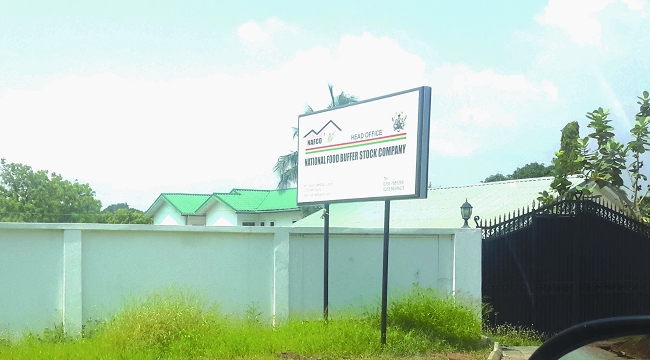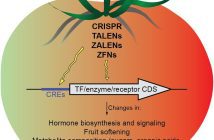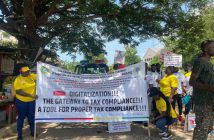The Auditor-Department General’s has charged the National Food Buffer Stock Company (NAFCO) with using 99 unlicensed firms to supply food items under the Free Senior High School program in 2017 and 2018.
Companies seeking to supply food items for and on behalf of NAFCO are expected to pay a registration fee of GH500 and another GH1000 as licence fees if approved, as part of efforts to raise internally generated funds.
According to a recent audit conducted by the Auditor-General’s Department, such processes were bypassed.43 and 56 firms engaged by NAFCO in 2017 and 2018 respectively.
“We noted from our review of the cost of sales and accounts payable that 43 entities to whom payments were made for the purchase of white maize and other supplies totaling GH¢12,347,402.97 [in 2017]were not on the list of LBCs obtained from the company’s operations team.”
“We noted from our review of the cost of sales that a sampled of 56 Companies to whom payments were made for the purchase of white maize and food supplies totaling GH¢30,360,044.00 [in 2018]were not on the list of LBCs obtained from the Company’s operations team.”
The report noted that NAFCO was deprived of internally generated funds amounting to about GH¢148,500 “in revenue as a result of not collecting registration fees of GH¢500.00 and licence fees of GH¢1,000 per supplier” from the 99 entities in question.
The Auditor-General in the report complained that such “transactions with unlicensed suppliers may be susceptible to fraud”.
This was captured in the Auditor-General’s report on public boards, corporations, and other statutory institutions for the period ended 31 December 2020.
In response to the findings, “Management [of NAFCO]explained that some suppliers were engaged on an emergency basis. However, we [audit team]sighted no documentation supporting the explanation and there was no indication of registration and licence fees being collected from the above… entities prior to bringing them on board as suppliers.”
That notwithstanding, the Auditor-General recommended that Management should collect the registration and licence fees from the companies in question.
Unsupported expenses
In the same audit report, the Auditor-General’s Department observed that although NAFCO expended an amount of GH¢333,050 in 2018 for monitoring activities under the Free SHS program, there were no supporting documents to justify such expenses.
“We noted that amount totalling GH¢333,050.00 relating to monitoring and evaluation of Free SHS activities (GH¢129,500.00), payment for calendar and office wares (GH¢185,776.00), and training in respect of Fixed Asset Management (GH¢17,774.00) were not adequately supported with third-party documentation such as receipts and signed sheet to account for them. In addition, we did not sight any reports on monitoring and evaluation of the Free SHS activities for the year.”
“The Company may be susceptible to misappropriation of funds and/or fraudulent reporting as a result of inadequate accountability for funds advanced for varied activities,” the report added, and recommended that management of NAFCO “should ensure that activity reports for monitoring and evaluation and training are produced by personnel as evidence of activities carried out”.
Role of NAFCO
The National Food Buffer Stock Company Limited was incorporated under the Companies Code of Ghana, 1963, Act 179 on 11th March 2010.
It is a limited liability company, wholly owned by the government of Ghana. The company is governed by a seven-member Board of Directors.
The Chief Executive Officer (CEO) is responsible for the day-to-day operations of the company.
The CEO is assisted by other Directors and Managers.
Among other functions, NAFCO purchases excess produce of maize, paddy rice, and soya beans from farmers, preserves, sells, and distributes these foodstuffs to state institutions. It is also in charge of the government Emergency Food Programme.
Source: citinewsroom





